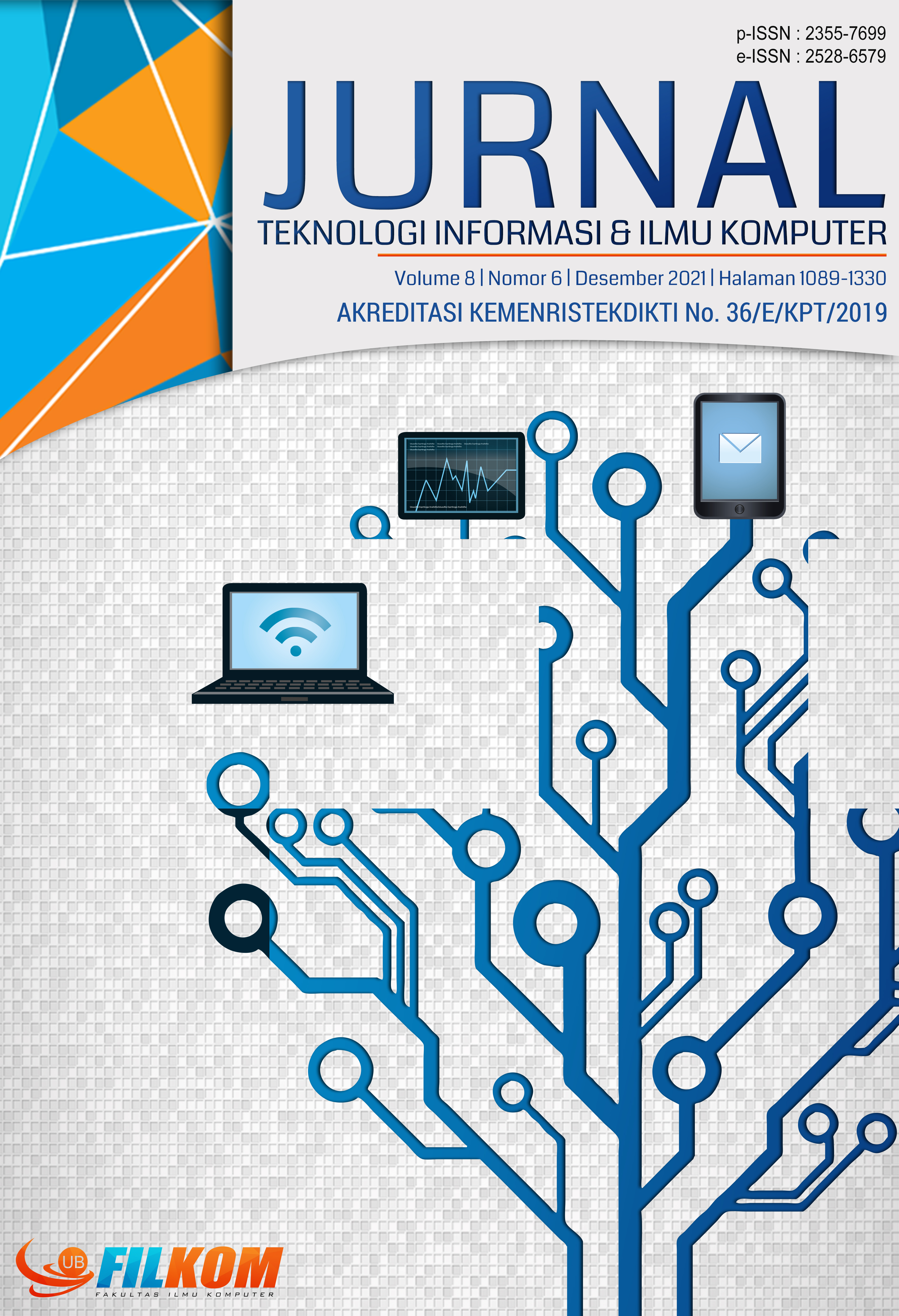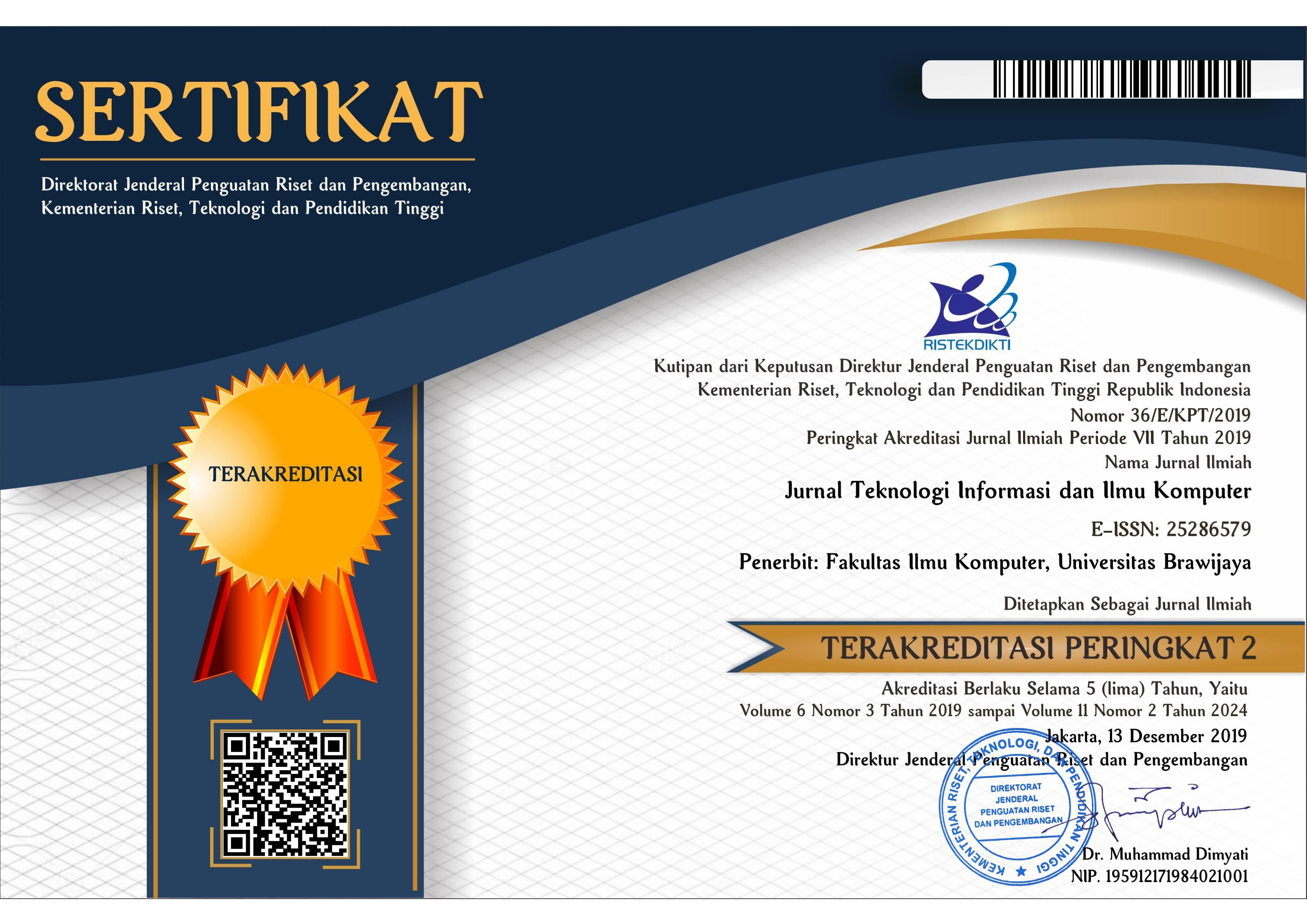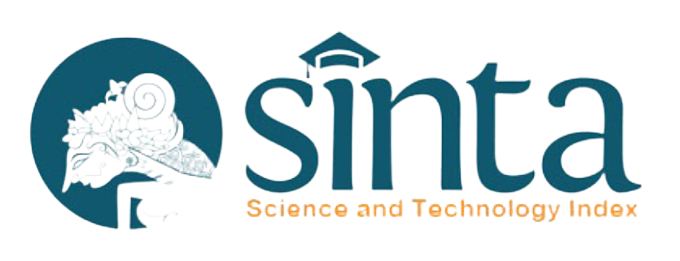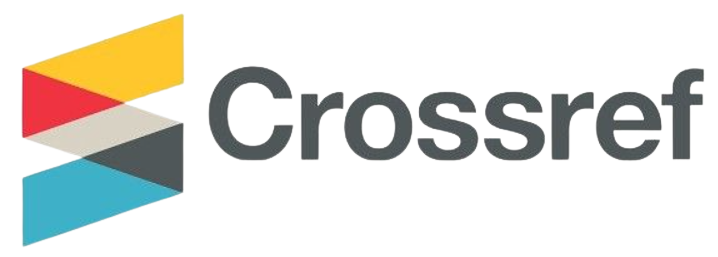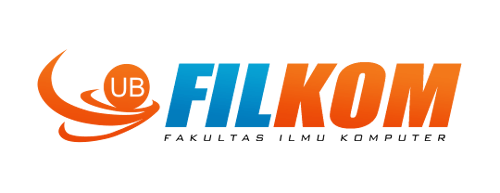Tata Kelola Teknologi Informasi Pada Sektor Publik: Penyelarasan Teknologi Informasi Dengan Visi Kepemimpinan (Studi Kasus: Kota Salatiga dan Kabupaten Bengkayang)
DOI:
https://doi.org/10.25126/jtiik.2021865379Abstrak
Tata kelola Teknologi Informasi (TI) dibutuhkan di suatu organisasi pada saat ini menjadi perhatian utama dalam mengembangkan layanan yang telah berbasis TI. Adanya kebutuhan untuk menghasilkan kualitas layanan TI yang kredibel dan transparan telah mendorong setiap organisasi baik sektor swasta maupun sektor publik. Beberapa penelitian menunjukkan bahwa 75% adopsi suatu teknologi sering berujung kegagalan. Persoalan utama yang menyebabkan kegagalan implementasi Information Technology Governance (ITG) terletak pada operasional TI. Penelitian ini bertujuan untuk: 1) mengidentifikasi faktor-faktor kepemimpinan yang menitikberatkan kepada TI berpengaruh dalam keberhasilan maupun kegagalan implementasi tata kelola TI; (2) Sejauh mana mana visi kepemimpinan dapat mendorong implementasi ITG pada Sektor Publik. Metode kualitatif digunakan untuk memecahkan masalah tersebut, lokasi penelitian ini berada di Kota Salatiga dan Kabupaten Bengkayang. Dalam penelitian ini ditemukan faktor-faktor yang berperan seperti: komitmen kepala daerah, kemampuan dalam menjabarkan visi dan misi, ketersediaan regulasi dan aturan, dukungan untuk mengimplementasikan TI, kemampuan dalam konsolidasi dan pengelolaan, penataan kelembagaan, dukungan dan alokasi anggaran, ketersediaan infrastruktur, sumber daya manusia, dan kemampuan dalam mengembangkan strategi implementasi. Oleh karena faktor tersebut, dukungan visi kepemimpinan dalam mengembangkan tata kelola pemerintahan dapat menjadi basis reformasi birokrasi.
Abstract
Information Technology (IT) governance is required in an organization is currently a major concern in developing IT-based services. The need to produce quality IT services that are credible and transparent has encouraged every organization, both private and public sectors. Several studies show that 75% of the adoption of technology often leads to failure. The main problem that causes the failure of the implementation of Information Technology Governance (ITG) lies in IT operations. This study aims to: 1) identify leadership factors that focus on IT that influence the success or failure of IT governance implementation; (2) The extent to which the leadership vision can encourage the implementation of ITG in the Public Sector. Qualitative methods are used to solve the problem, the location of this research is in Salatiga City and Bengkayang Regency. This study found factors that play a role such as the commitment of the regional head, the ability to describe the vision and mission, the availability of regulations and rules, support for implementing IT, the ability to consolidate and manage, institutional structuring, support, and budget allocation, availability of infrastructure, resources human resources, and the ability to develop implementation strategies. Because of these factors, the support for the vision of leadership in developing good governance can be the basis for bureaucratic reform.
Downloads
Referensi
ALFORD, J. AND GREVE, C. 2017. “Strategy in the Public and Private Sectors: Similarities, Differences and Changes”. Adm. Sci., 7, 35. https://doi.org/10.3390/admsci7040035.
ALI, A. AND NISAR, A. 2016. “Conceptualizing IT Governance Principles at Strategic Projects Level”. International Journal of Computer Science and Information Security. 14. 898-907.
ALREEMY, Z., CHANG, V., WALTERS, ROBERT AND WILLS, G. 2016. “Critical success factors (CSFs) for information technology governance (ITG)”. International Journal of Information Management, 36 (6), part A, 907-916. http://dx.doi.org/10.1016/j.ijinfomgt.2016.05.017.
AMIRI, N. A., RAHIM, R. E. A., AHMED, G. 2020. “Leadership Styles and Organizational Knowledge Management Activities: A Systematic Review”. International Journal of Business. 22 (3).
BELHAJ, A. AND ZAHI, J. 2019. “Implementation of IT Governance in A Regional Public Organization”. Revue Economie, Gestion et Société. ffhal-02270856f.
BENAROCH, M. AND CHERNOBAI, A. 2017. “Operational IT Failures, IT Value Destruction, and Board-Level IT governance Changes” MIS Q., vol. 41, no. 3.
BUDIRAHARJO, R. 2017. “Penerapan Weill-Ross Model dalam Tata Kelola Teknologi Informasi di Perguruan Tinggi”. TEKNOSI. 03 (01).
CHONG, J. L. L. AND DUONG, L. N. K. 2017. “Understanding IT Governance Effectiveness in Asia: an Event Study” Pacific Asia J. Assoc. Inf. Syst., vol. 9, no. 1, pp. 29–54.
EL-EBIARY ET AL. 2020. “Models of Leadership in Information Technology Projects”. Solid State Technology.
GILBERT, R. 2018. “Cultural Studies: an Introduction” Cultural Studies.
ILMUDEEN, A. 2021. “The impact of managing IT on business-IT alignment and firm performance: an empirical study”. foresight. ahead-of-print. https://dx.doi.org/10.1108/FS-11-2020-0116.
LAITA, A. AND BELAISSAOUI, M. 2017. “Information Technology Governance in Public Sector Organizations”. Advances in Intelligent Systems and Computing. https://dx.doi.org/10.1007/978-3-319-46568-5_34.
LARSEN, A., VOLDEN, G., AND ANDERSEN, B. 2021. “Project Governance in State-Owned Enterprises: The Case of Major Public Projects’ Governance Arrangements and Quality Assurance Schemes”. Administrative Sciences. https://dx.doi.org/11.66.10.3390/admsci11030066.
LAUREANI, A. & ANTONY, J. 2016. “Leadership – a critical success factor for the effective implementation of Lean Six Sigma”. Total Quality Management & Business Excellence. 29. 1-22. https:///dx.doi.org/10.1080/14783363.2016.1211480.
MILES, M. AND HUBERMAN, A. M. 2014. "An Expanded Sourcebook: Qualitative Data Analysis". New Delhi: SAGE Publisher India Pvt.ltd.
NEIL, S. R., TANAAMAH, A. R. DAN WIJAYA, A. F. 2018. “Pemodelan Proses dan Dampak Transfer, Adopsi, dan Implementasi Teknologi Informasi di Sektor Publik: Sebuah Perspektif Kelembagaan”, Laporan Penelitian Hibah Fundamental UKSW.
NOR, R., GANI, A., SALEH, C. AND AMIN, F. 2021. “Organizational commitment and professionalism to determine public satisfaction through good governance, public service quality, and public empowerment”. International Review on Public and Nonprofit Marketing. https://dx.doi.org/10.1007/s12208-021-00297-0.
PANDA, S. 2021. “Strategic IT-business alignment capability and organizational performance: roles of organizational agility and environmental factors”. Journal of Asia Business Studies. ahead-of-print. https://dx.doi.org/10.1108/JABS-09-2020-0371.
REN, MIN. 2019 “Why technology adoption succeeds or fails: an exploration from the perspective of intra-organizational legitimacy”. J. Chin. Sociol. 6, 21. https://dx.doi.org/10.1186/s40711-019-0109-x.
TONELLI, A., BERMEJO, D. S., PAULO, PÂMELA, S., ZUPPO, L. AND ZAMBALDE, A. 2017. “IT governance in the public sector: a conceptual model”. Information Systems Frontiers. 19. https://dx.doi.org/10.1007/s10796-015-9614-x.
WIEDENHOFT, G. C., LUCIANO, E. M., MAGNAGNAGNO, O. A. 2017. “Information Technology Governance in Public Organizations: Identifying Mechanisms That Meet its Goals While Respecting Principles”. J. Inf. Syst. Technol. Manag. 14 (1). https://dx.doi.org/10.4301/S1807-17752017000100004.
WU, S. P., STRAUB, D. W., AND LIANG, T. P. 2015. “How Information Technology Governance Mechanisms and Strategic Alignment Influence Organizational Performance: Insights from a M Atched S Urvey of Business and IT Managers 1” MIS Q., vol. 39, no. 2, pp. 497–518.
VISI MISI PEMERINTAH KABUPATEN BENGKAYANG. 2019. <https://bengkayangkab.go.id/tentang-kami/visi-misi/> [Diakses 1 September 2019].
VISI MISI PEMERINTAH KOTA SALATIGA. 2019. <http://salatigakota.go.id/PemerintahanVisiMisi.php> [Diakses 1 September 2019].
Unduhan
Diterbitkan
Terbitan
Bagian
Lisensi

Artikel ini berlisensi Creative Common Attribution-ShareAlike 4.0 International (CC BY-SA 4.0)
Penulis yang menerbitkan di jurnal ini menyetujui ketentuan berikut:
- Penulis menyimpan hak cipta dan memberikan jurnal hak penerbitan pertama naskah secara simultan dengan lisensi di bawah Creative Common Attribution-ShareAlike 4.0 International (CC BY-SA 4.0) yang mengizinkan orang lain untuk berbagi pekerjaan dengan sebuah pernyataan kepenulisan pekerjaan dan penerbitan awal di jurnal ini.
- Penulis bisa memasukkan ke dalam penyusunan kontraktual tambahan terpisah untuk distribusi non ekslusif versi kaya terbitan jurnal (contoh: mempostingnya ke repositori institusional atau menerbitkannya dalam sebuah buku), dengan pengakuan penerbitan awalnya di jurnal ini.
- Penulis diizinkan dan didorong untuk mem-posting karya mereka online (contoh: di repositori institusional atau di website mereka) sebelum dan selama proses penyerahan, karena dapat mengarahkan ke pertukaran produktif, seperti halnya sitiran yang lebih awal dan lebih hebat dari karya yang diterbitkan. (Lihat Efek Akses Terbuka).

